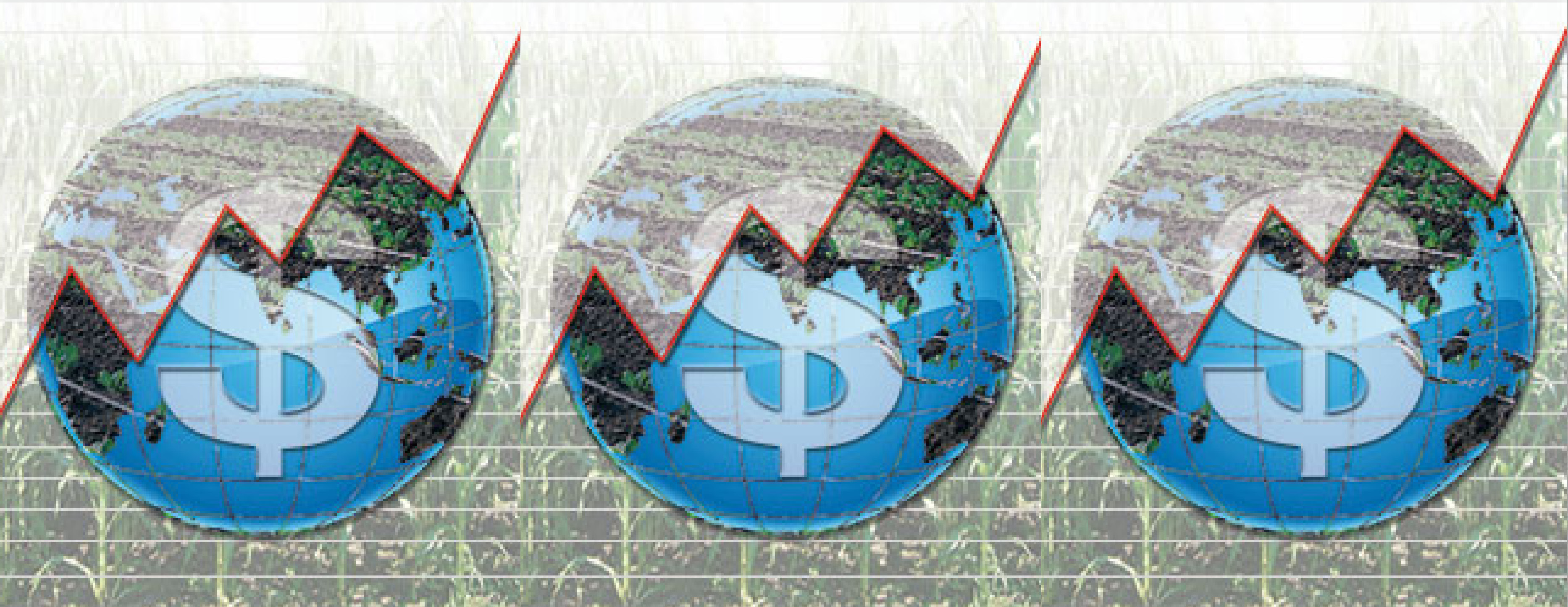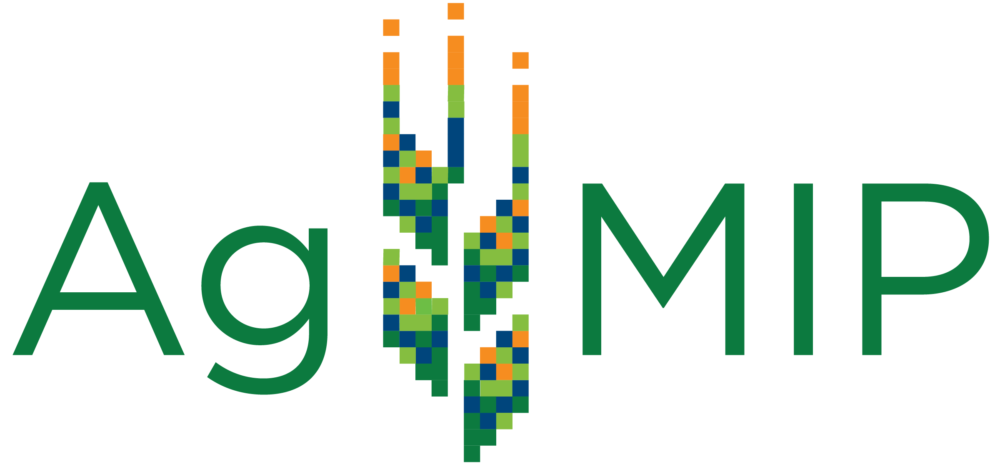Global Economics Climate Scenario Workshop: FAO, Rome, Italy, June 23-24, 2014
Jun 13, 2014
Five global economic modeling groups met June 23-24, 2014 at FAO headquarters in Rome to discuss preliminary results of a harmonized analysis of climate change impacts on agriculture and food security in 2050. The participating modeling groups, all members of the AgMIP Global Economics team, are from the International Food Policy Research Institute (IFPRI), the Potsdam Institute for Climate Impact Research (PIK), the Food and Agriculture Organization of the United Nations (FAO), LEI Wageningen UR in the Netherlands, and the United States Department of Agriculture’s Economic Research Service (ERS).

The Institute for Development Studies at the University of Sussex is also contributing. This work is supported by funds from the US Department of Agriculture through a contract with the University Corporation for Atmospheric Research (UCAR), and by the participating institutions and other donors.
The participating groups are analyzing harmonized scenarios corresponding to Shared Socioeconomic Pathways 1, 2 and 3 with and without climate change. Climate change is represented in the three SSPs by Representative Concentration Pathways 4.5, 6.0 and 8.5 respectively. Climate change impacts are modeled using three general circulation models (HadGEM2, IPSL and MIROC), one crop model (LPJmL), and five global economic models (ENVISAGE, FARM, IMPACT, MAGNET and MAgPIE). A subset of the modeling groups is also running additional scenarios to assess the impact of a liberalized international trade environment under SSP1 and a more restrictive trade environment under SSP3.
Following the workshop, the participating modeling groups will refine their analyses. Results will be summarized in a report that is currently being prepared for USDA on global climate change and food security, and will be described more fully in a scientific paper. This analysis will also serve as the basis for additional scenarios and modeling efforts by the participating groups.
